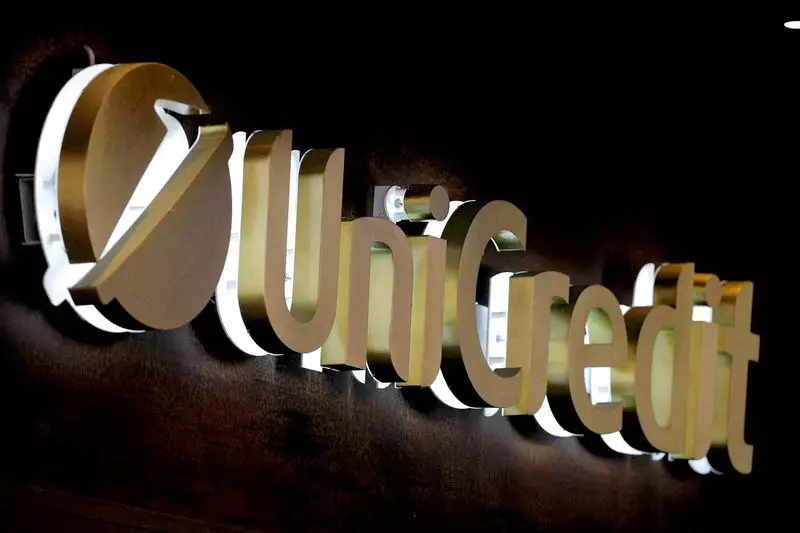UniCredit, a prominent European bank, finds itself in a protracted legal battle with the European Central Bank (ECB) regarding its business operations in Russia. The tension between regulatory mandates and corporate strategies poses significant challenges for the bank, raising concerns about its compliance, operational stability, and broader implications for the European banking landscape. As the ECB has mandated a reduction in UniCredit’s Russian operations—aiming to uphold economic sanctions in response to geopolitical events—the bank’s response has been both strategic and contentious.
At the forefront of this dispute is the ECB’s directive issued at the end of April, compelling UniCredit to scale back its business presence in Russia. This directive includes stringent measures such as a ban on new deposit acceptance and restrictions on payment handling processes. The bank filed an objection soon after the ECB’s announcement, arguing that complying with these demands may contravene Russian laws—a claim that reflects the complex interplay between international regulations and domestic politics.
Months have elapsed since the objection was filed, and the delay in judicial review intensifies pressure on UniCredit to demonstrate adherence to the ECB’s demands. Notably, the original deadlines set forth by the ECB have already lapsed, highlighting the urgency of the situation. Amid this legal uncertainty, UniCredit has reiterated its commitment to drastically reduce its Russian footprint by 2025, aligning with the ECB’s vision of minimizing risks associated with financial ties to Russia.
Compounding the difficulties, UniCredit has sought interim judicial relief to postpone immediate compliance with the ECB’s restrictions while the case proceeds. The bank is contesting multiple facets of the ECB’s directive, including prohibitions against new loans and the acceptance of new term deposits from June 1 onward. Furthermore, the disputed measures concerning payment transactions with certain Russian clients introduce ambiguity, as compliance with these rules may impact the bank’s operational strategy.
The court’s eventual ruling will be pivotal. If the court sides with the ECB, UniCredit might be forced to make further operational adjustments, potentially destabilizing its already tenuous position in the Russian market. Conversely, a favorable outcome could bolster the bank’s ability to navigate its operations without substantial changes, allowing it to maintain its presence in a region critical to its historical expansion.
The complications surrounding its Russian operations emerge during a broader strategic push by UniCredit to expand its influence in Europe, particularly regarding its proposal to increase its stake in Germany’s Commerzbank. However, hurdles related to its existing legal situation may complicate these ambitions. The ECB’s due diligence processes incorporate past compliance issues and ongoing litigation as critical factors when assessing potential acquisitions or stake increases in other banks.
As the ECB exerts scrutiny over UniCredit’s activities based on its past interactions and current legal challenges, the future of the bank’s endeavors may hinge on public perception, financial prudence, and the overarching regulatory framework guiding the European banking sector.
UniCredit’s historical ties to Russia date back to the establishment of International Moscow Bank, indicating a long-standing interest in the region. This legacy has become increasingly precarious, especially post-Ukraine invasion. The bank’s decision to maintain operations in Russia amidst widespread sanctions and geopolitical turmoil has drawn criticism and reflects the difficult position many banks face when balancing local and international interests.
As the legal battle unfolds, it exemplifies the broader challenges facing European banks grappling with compliance obligations amid geopolitical strife. The implications of this case transcend UniCredit, resonating within the regulatory framework of European banking and potentially reshaping the strategies other banks may adopt regarding their international dealings.
UniCredit’s situation underscores the complexity and interdependence of legal compliance, strategic ambitions, and the realities of operating in a rapidly changing global landscape. The outcome of the forthcoming court decision will not only impact UniCredit’s future but may also set precedents affecting the entire European banking sector.

